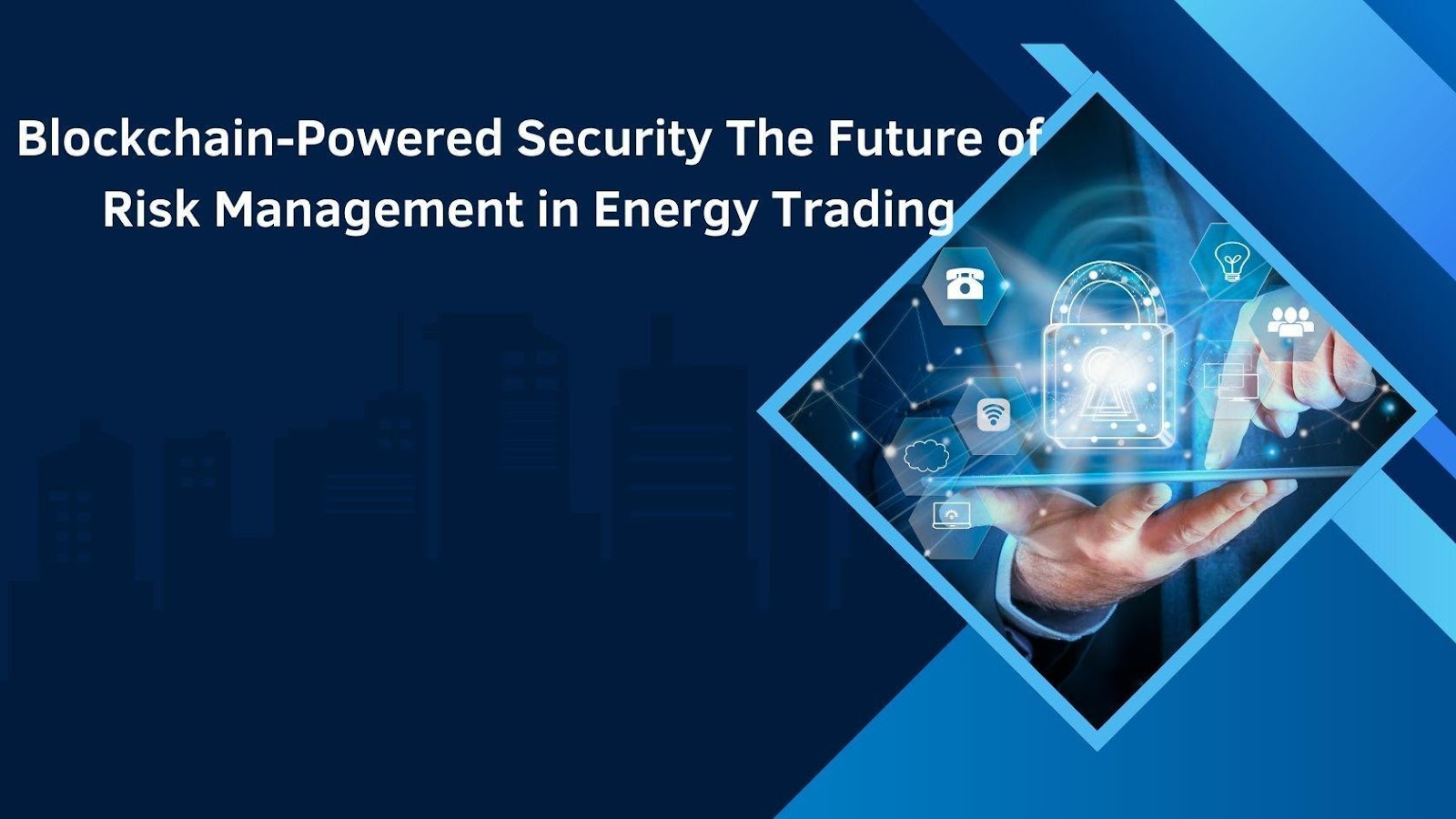In the modern digital technology era, energy trading is undergoing a profound transformation, driven by increasing digitization and the demand for secure, transparent, and efficient transactions. Niranjan Mithun Prasad explores how blockchain technology is reshaping risk management in energy trading, addressing critical security challenges while enhancing regulatory compliance. His insights highlight the potential of decentralized architectures to revolutionize the industry, ensuring greater trust, efficiency, and resilience in energy markets.
The Rising Security Challenges in Energy Trading
Energy trading platforms face rising cyber threats, with attacks surging 312% from 2019 to 2023, causing $6.4 billion in annual losses. Traditional systems struggle with breaches, downtime, and compliance costs, averaging 27 hours of disruption at $142 million per lost hour. Blockchain’s decentralized approach enhances security, mitigating risks and strengthening operational resilience in the evolving threat landscape.
Distributed Ledger Infrastructure: A Secure Foundation
Blockchain’s distributed ledger ensures security by eliminating single points of failure and synchronizing data across nodes. With 99.95% accuracy and 2,850 transactions per second, it outperforms traditional platforms. Proof of Stake boosts validation speeds while reducing energy use by 99.82%, enhancing blockchain’s efficiency and scalability over centralized systems.
Smart Contracts: Automating Efficiency
Smart contracts revolutionize energy trading by automating transactions, cutting settlement times from 72 to 5.5 hours. With a 99.98% execution success rate, they eliminate manual verification, ensure compliance, and reduce regulatory costs by 58.5%, saving millions annually. These self-executing contracts enforce trading rules seamlessly, enhancing security, transparency, and efficiency in the energy sector.
Cryptographic Security: Strengthening Transaction Integrity
Blockchain’s cryptographic protocols secure energy trading with ECC and advanced hash functions, ensuring tamper-proof validation. Schnorr signatures process 62,000 digital signatures daily, resisting quantum threats. Immutable audit trails enhance trust and transparency, safeguarding transaction integrity and regulatory compliance with minimal computational overhead.
Regulatory Compliance: Redefining Oversight with Automation
Compliance remains a significant challenge for energy trading firms, with rising operational costs due to evolving regulatory demands. Blockchain’s automated compliance frameworks have demonstrated a 91.7% reduction in regulatory infractions and an 88.5% improvement in report preparation times. Organizations leveraging blockchain have reduced their compliance costs by 82.3%, while smart contract-based enforcement mechanisms prevent nearly all non-compliant transactions in real time.
Data Privacy and Access Control: Protecting Market Participants
Role-based access control systems, powered by blockchain, manage sensitive trading data more effectively than traditional methods. These systems process 195,000 access requests daily, ensuring security while maintaining low latency. Encryption mechanisms combining AES-256 for data payloads and RSA-4096 for key exchanges further enhance data protection. Automated key rotation every six hours adds an extra layer of security, preventing unauthorized access and ensuring data integrity.
Scalability and Performance: Meeting Market Demands
Blockchain integration in energy trading enhances scalability and performance. Hierarchical pruning reduces storage needs by 58%, while Layer-2 solutions like ZK-rollups boost throughput to 3,850 TPS and cut costs by 87.5%. Sharding enables large-scale operations, handling up to 31,200 TPS, ensuring efficient and cost-effective energy transactions.
Future Innovations: AI, IoT, and Quantum-Resistant Security
Emerging technologies are poised to further enhance blockchain’s role in energy trading. AI-driven predictive analytics are already improving market forecasting accuracy by 88.5%, while IoT integration allows real-time energy monitoring and automated trade execution. Additionally, quantum-resistant cryptographic solutions are being developed to safeguard energy transactions against future security threats posed by quantum computing.
The Path Forward for Blockchain in Energy Trading
As energy trading becomes increasingly digital, blockchain technology is set to play a pivotal role in ensuring security, efficiency, and regulatory compliance. By decentralizing data storage, automating contract execution, and enhancing cryptographic security, blockchain has already demonstrated significant advantages over traditional systems. As industry adoption grows, these innovations will continue shaping a more resilient and transparent energy market.
In conclusion, Niranjan Mithun Prasad’s research highlights blockchain’s transformative role in energy trading risk management. With enhanced security, automation, and scalability, blockchain ensures transparency and efficiency. As the sector faces volatility and regulatory challenges, decentralized ledgers and smart contracts offer a resilient framework for secure and streamlined energy transactions.



































